A retrospect of the last year
Highlights 2019 - Part 1
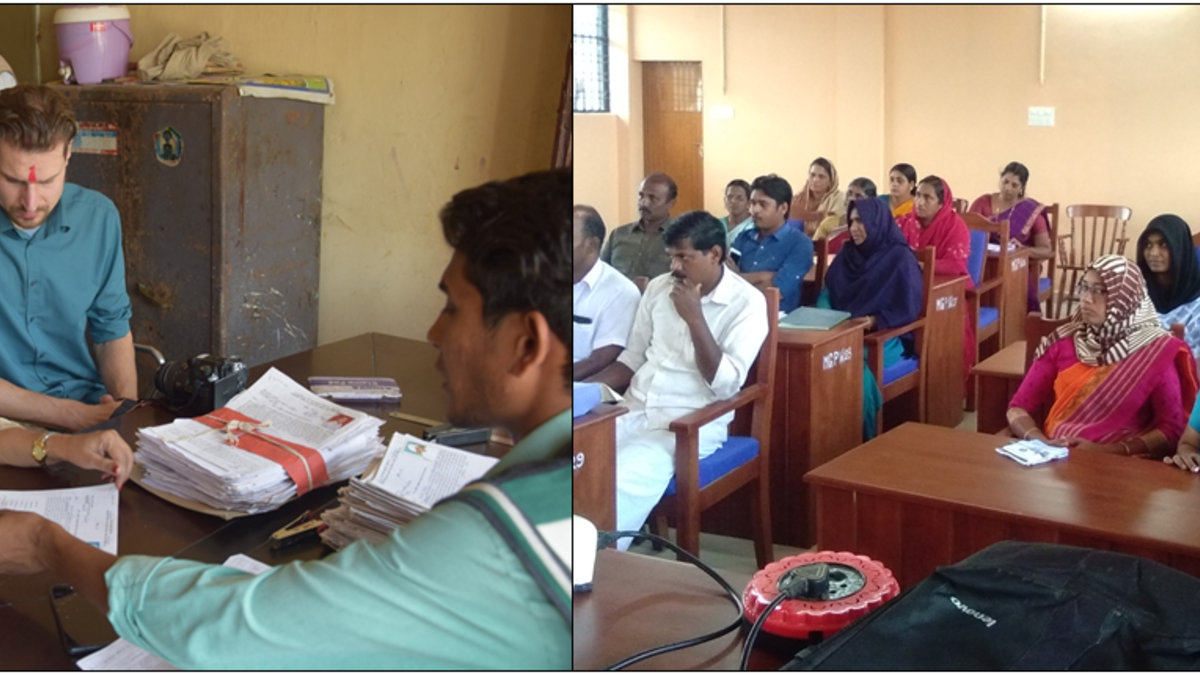
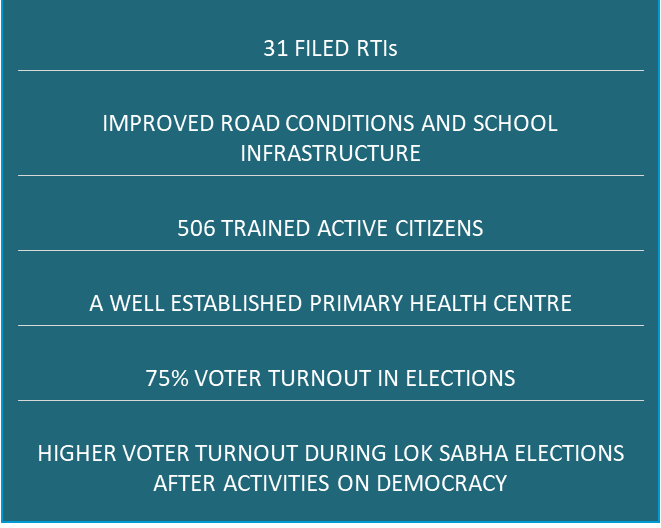
In 2019, Hanns Seidel Stiftung (HSS) India was able to achieve some important project goals with local partner organizations – in the foundation’s effort to strengthen federal democratic structures, to introduce concepts for safer cities, to shape water policies and to provide women empowerment in various parts of India.
The first chapter is on our work on federal structures. In our model panchayat Sambhariya in Rajasthan, we are exploring ways to increase effectiveness of bottom-up strengthening of the lowest federal level in the Indian system.
Similarly, the state government devolves tasks to the panchayats. In Kerala, we support with our partner organization the local governments in conducting these tasks.
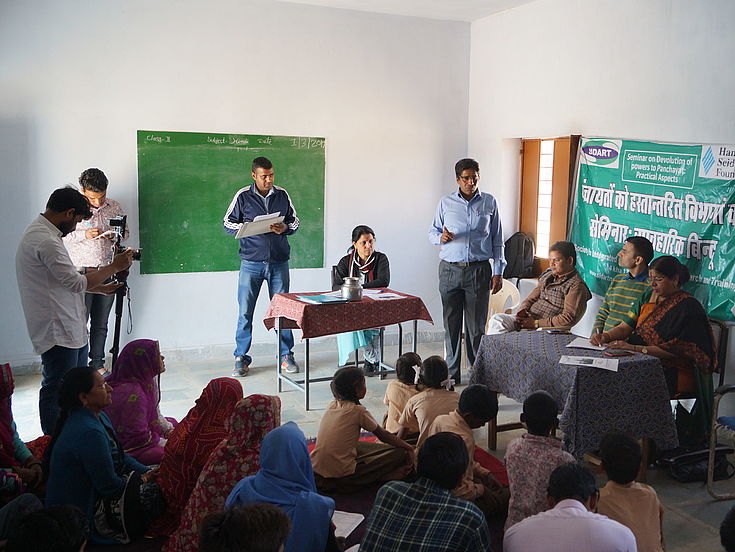
On the way to well-informed and self-reliant Panchayats
HSS India, together with Society for Integrated Developmental Activities, Research and Training (SIDART) conducted trainings where a total of 506 participants learned how to organize ward meetings and make use of their Right to Information (RTI). They prepared agendas, wrote meeting minutes and accordingly prepared applications and RTI enquiries and submitted them to the panchayat. They are being maintained for follow-up action. The citizens of Sambhariya now regularly organize ward meetings themselves to seek information on specific issues and problems. It led to a crucial improvement in the road condition and school infrastructure.
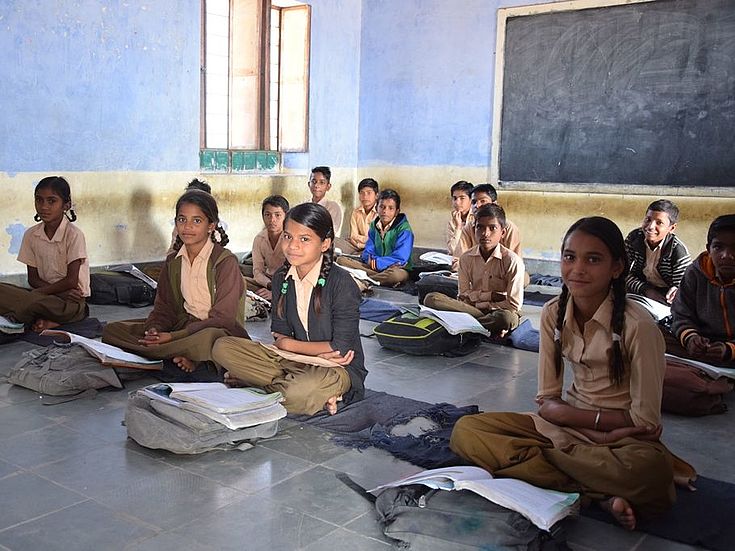
Very few people used to visit the Primary Health Centre (PHC) in Sambhariya before the HSS-SIDART’s project, due to lack of services and availability of doctors. The cornerstone of rural health services serves as first access to healthcare for India’s rural population.
In 2019, we informed the concerned district departments and Rajasthan State Minister of Medical and Health about the deficiencies. Together with the devolved medical and health functionaries in the panchayat, a plan was established. As a result, the doctor was appointed and keeps regular presence at the PHC. This increased the number of people visiting the centre and demands from the community were considered (such as a gynaecologist). Additional staff will be posted in 2020.
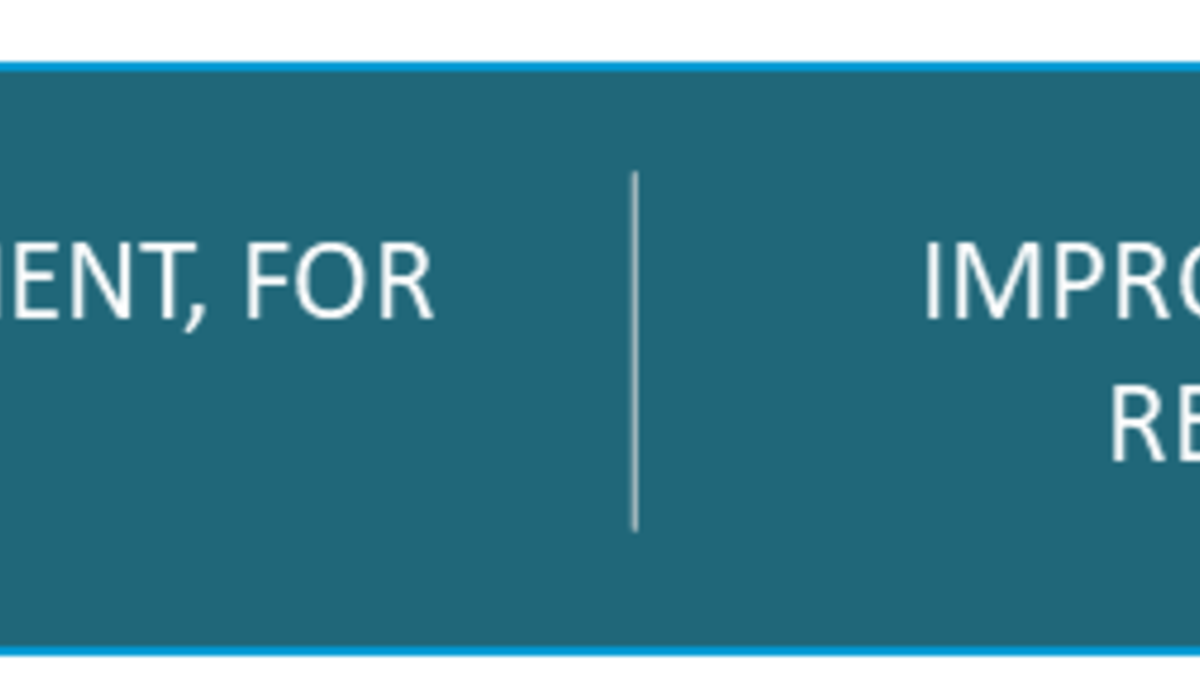
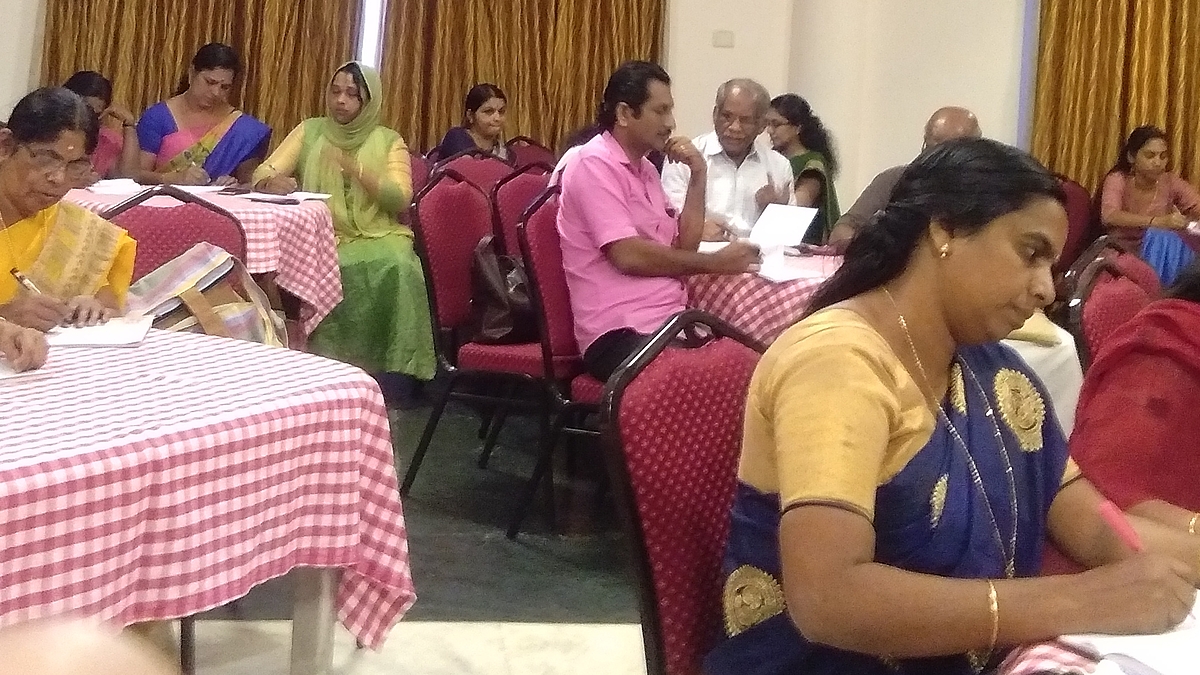
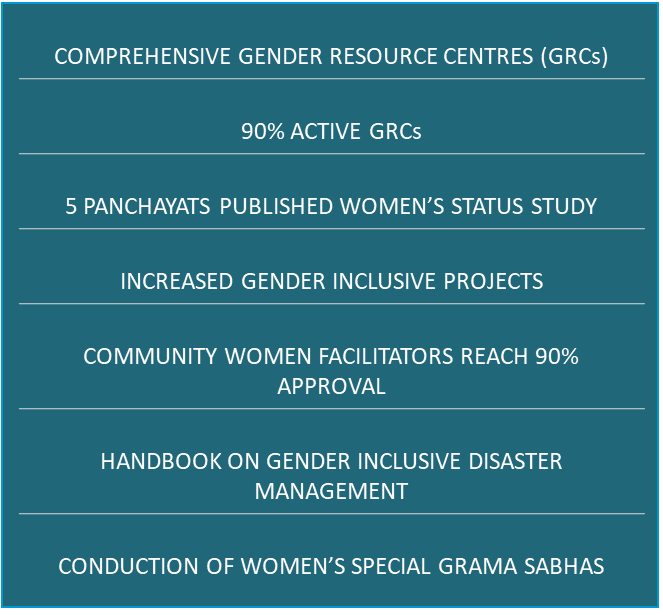
Political Empowerment in Kerala
The devastating floods in Kerala 2019 affected large areas of the state and our work. So we adapted programmes to disaster recovery workshops and issued handbooks on the same. Despite the reconstruction work, we achieved some considerable outcomes.
Together with partner Sakhi Women’s Resource Centre, it was possible to set up Gender Resource Centres (GRCs) in Kerala, which function as facilities that actively support women and children in each panchayat. Through the Sakhi-HSS intervention, almost all GRCs in the project area are fully functional, increasing effectiveness of local administration.
The Kerala state has devolved a Women Component Plan to all its panchayats to have 10% of the rural budgets allotted to gender-friendly projects. Without information and training, this allocation remains unused. The trainings by Sakhi resulted in this plan being utilized in 20 panchayats.
“I had no idea this plan existed until Sakhi informed us about it. Now I could get funding for training female rickshaw drivers.” – Panchayat Committee Member, Kumarakom Panchayat.
